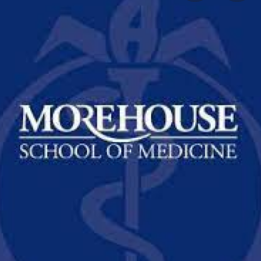 Morehouse School of Medicine in Atlanta, one of four historically Black medical schools in the country, has launched a new course focused on racial disparities in health care.
Morehouse School of Medicine in Atlanta, one of four historically Black medical schools in the country, has launched a new course focused on racial disparities in health care.
The Advil Pain Equity Course was developed in partnership with BLKHLTH, a nonprofit organization dedicated to health equity. It aims to provide students with the knowledge needed to address racial health inequities in pain prevention, treatment, and management. The course discusses how to create trustworthy patient-provider relationships through the lens of the unique preferences and needs of Black patients in pain.
In a previous survey conducted by Morehouse School of Medicine, Advil, and BLKHLTH, roughly 93 percent of Black participants said pain impacts their daily life and 83 percent said they have had a negative experience when seeking treatment for their pain. Last year, the three organizations launched the Advil Pain Equity Project and developed the “Believe My Pain” campaign to bring attention to these disparities.
Going forward, Advancing Health Equity, a consulting firm for healthcare organizations, plans to promote the Advil Pain Equity Course at other medical schools, where it can be adapted as needed to fit the specific curriculum of each institution.

